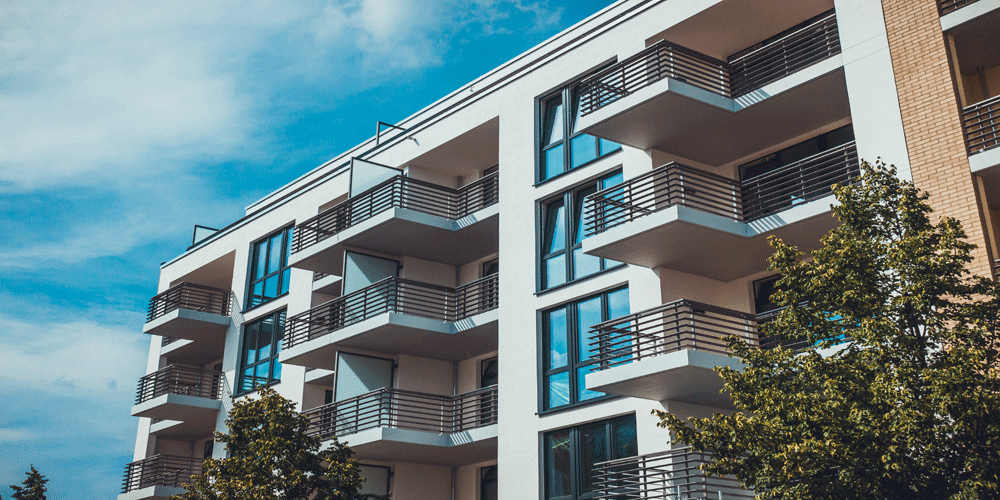Architecture has always been a reflection of human creativity and innovation. Throughout history, architectural styles have evolved in response to cultural, technological, and societal changes. In the modern era, the field of architecture has witnessed a rapid transformation driven by advancements in construction techniques, materials, and design philosophies. In this blog post, we will explore the exciting trends that have shaped the evolution of modern architecture and continue to redefine the built environment.
Sustainable Design and Green Building
With increasing awareness of environmental concerns, sustainable design and green building practices have emerged as prominent trends in modern architecture. Architects now prioritise energy efficiency, water conservation, and the use of eco-friendly materials. Buildings incorporate features like solar panels, rainwater harvesting systems, and green roofs to minimise their ecological footprint. By integrating sustainable design principles, architects not only contribute to a greener future but also create healthier and more efficient living and working spaces.
Adaptive Reuse and Renovation
In an era of rapid urbanisation, the adaptive reuse of existing structures has gained significant momentum. Architects are repurposing old buildings, factories, and warehouses into vibrant residential lofts, creative office spaces, and cultural hubs. This trend not only preserves historical and architectural heritage but also reduces waste and promotes sustainable development. By reimagining the potential of existing structures, architects are breathing new life into urban landscapes while embracing the principles of recycling and renewal.
Embracing Technology: Smart Buildings
Advancements in technology have revolutionised modern architecture, giving rise to the concept of smart buildings. These structures integrate advanced automation, artificial intelligence, and the Internet of Things (IoT) to enhance comfort, efficiency, and security. Smart buildings utilise sensors and intelligent systems to regulate temperature, lighting, and energy consumption. They also incorporate interactive features such as voice-controlled interfaces and automated shading systems. The integration of technology in architecture not only improves the user experience but also promotes sustainable resource management.
Minimalism and Simplicity
A notable trend in modern architecture is the emphasis on minimalism and simplicity. Architects strive to create clean, uncluttered spaces that inspire tranquility and clarity of thought. This design philosophy incorporates sleek lines, open floor plans, and a limited color palette. Minimalist architecture celebrates the beauty of simplicity and the play of light and shadows. By eliminating excessive ornamentation, architects focus on the essential elements, resulting in timeless and elegant structures.
Integration of Nature
In response to the fast-paced and urbanised nature of modern life, architects are increasingly integrating nature into their designs. Biophilic design principles aim to create environments that connect people with nature, promoting well-being and productivity. Incorporating elements like living walls, rooftop gardens, and ample natural light, architects seek to blur the boundaries between indoor and outdoor spaces. The integration of nature not only enhances the aesthetic appeal of buildings but also creates healthier and more sustainable environments.
The evolution of modern architecture reflects our changing needs, values, and aspirations. From sustainable design and adaptive reuse to the integration of technology and nature, architects are constantly pushing the boundaries of creativity and innovation.
As we continue to face global challenges such as climate change and urbanisation, the trends in construction will likely continue to focus on sustainability, functionality, and human well-being. The future of modern architecture holds tremendous potential for creating spaces that are not only visually striking but also environmentally responsible and socially relevant.
